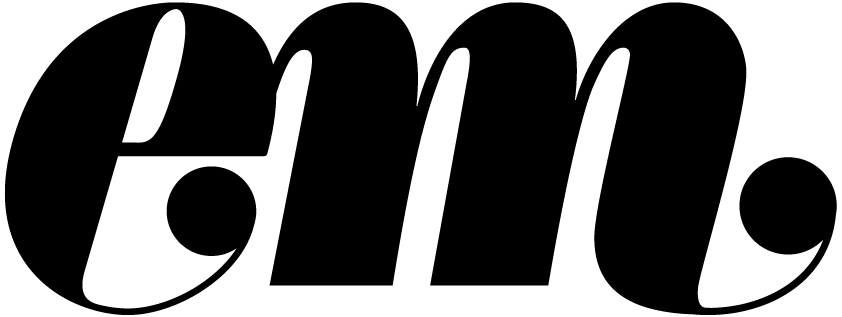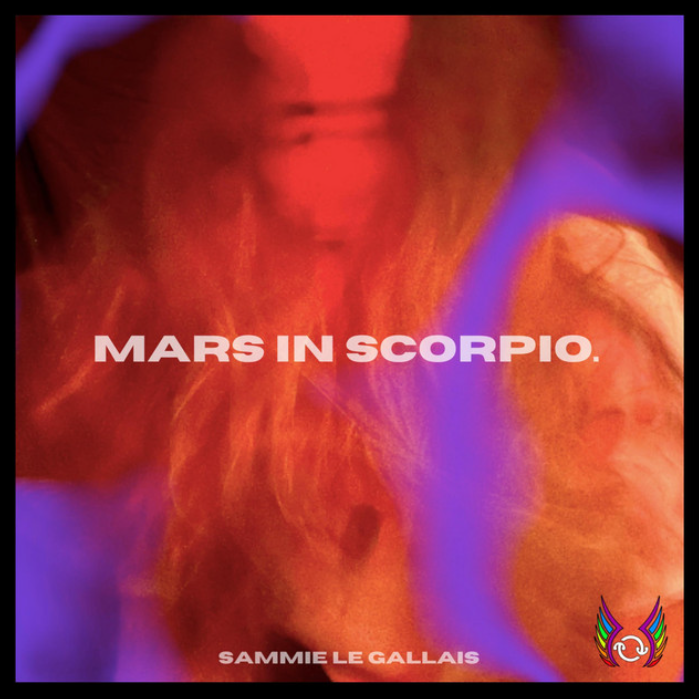How I Heal
When it had become unbearable. When it felt like pain bubbled like poison underneath my skin, swirling through my body, murky colourless sludge weighing me down, slowing my movements. When, at any second, it could all spill out through the pores of my skin and people would know. They would know that it was all my fault—they would know what I had done. It was only then that I turned to somewhere else. It was not anywhere astounding, it was just the internet. But for me to do that, I was admitting that I could not do this by myself, that the hurt would not go away by itself and that time was not a magical antidote. It was a win, even if it felt like defeat.
What I found online was enough to deter me from trying to heal. An abundance of numbers. Police, help lines, therapists. And when there were no numbers, it was pages and pages of content. In hindsight, I thought that there was some magic secret that if I knew, everything would go away. I would be fine again. But it got worse before it got better.
Nothing seemed to fit as I sifted through my options. It was an endless spiral that made me unsure of what I had suffered. Categorising the assault into the severity of the action and intensity of my feelings only told me that I had no right to feel the way that I did. Uttering the words out loud seemed dirty, as if saying them would make it more true. Like a second wave of shame would hit as others knew what had happened. Talking to others was ruled out. No police, no help lines, no therapists. Either way, even if I spoke about it without anyone hearing, everyone would know.
The advice given would never work. How was I supposed to create an environment away from the abuse? An environment where I could coexist alongside it and not against it. Every day was torture as I went to school, knowing I would see him and remember all that had happened and feel all the pain as if it was new and retreat into autopilot as I tired to hide it and end up having no energy to do anything as I concentrate on the hurt. I couldn’t do it. The easiest option, and at that point the most desirable option, was to give up. To let it all drown me. I would leave school. Reconfigure the future I had planned. All because of this. What changed everything was anger.
Among the sadness, despair, and hopelessness, I was angry.
I was angry that, as a young person, I had very few options.
I was angry that he got to walk free and was praised for his leadership while I suffered every day as its consequence.
I was angry that if I went to the police I would most likely lose more than I would gain.
I was angry that I was living in silence because I was made to feel ashamed.
I was angry that it was not just one person that failed me, it was an entire system.
When it came to healing, it was this anger that gave me strength. I kept thinking about younger me who was being eaten up from the inside out from her trauma, and I kept trying to prove to her that it was not her fault. Nothing was my fault. No survivor should have to feel that, and all survivors should be given the right to heal in whatever way suits them best. Instead of reducing healing to options, like a choose-your-own-adventure, think of healing as a blank page, a story you get to write. Anything is possible and nothing is incorrect. It is scary to forefoot your own healing, but your strength comes in your voice. You are powerful and it is for you to take back that power.
If you, or someone you know has experienced sexual violence at any time in your life, there are a range of supportive services who can support you to heal in your own unique way - check out Who to reach out to for more info.







